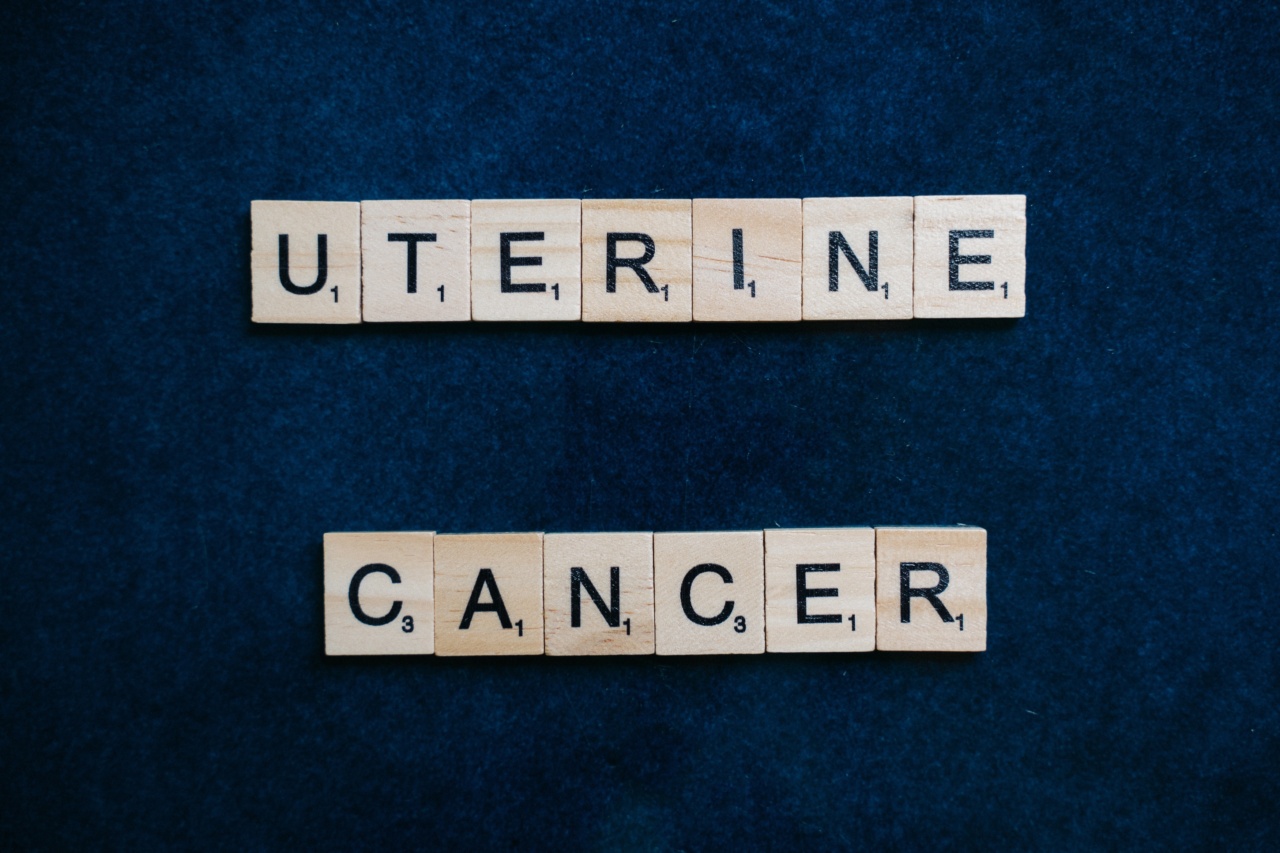Colon cancer is a common form of cancer that affects millions of people globally. It is a malignant condition that affects the colon or rectum and can be deadly if not detected and treated early.
According to the World Cancer Research Fund, colon cancer is the third most common type of cancer in the world.
The Link Between Colon Cancer and Sexual Function
Studies have shown that there is a link between colon cancer and sexual function. This may be due to the fact that the colon plays a vital role in the digestive system and any disruption could affect other parts of the body, including sexual function.
Colon Cancer Treatment and Sexual Function
Colon cancer treatment can also affect sexual function. Surgery, chemotherapy, and radiation therapy are common treatments for colon cancer.
These treatments can have several side effects, including fatigue, nausea, and loss of appetite, which can affect sexual function. In addition, surgery can damage nerves and blood vessels that are vital for sexual function.
Preventing Colon Cancer
Preventing colon cancer is the best way to reduce the risk of developing the disease and maintaining healthy sexual function. Here are some ways to prevent colon cancer:.
- Get regular screening: Getting regular screening can help detect colon cancer early when it is still treatable. Screening can include colonoscopies, stool tests, and imaging tests.
- Eat a healthy diet: A diet that is high in fiber, fruits, and vegetables can help reduce the risk of colon cancer.
- Exercise regularly: Regular exercise can help reduce the risk of colon cancer as well as maintain overall health.
- Avoid tobacco and excessive alcohol consumption: Both tobacco and excessive alcohol consumption can increase the risk of colon cancer.
Managing Sexual Dysfunction During Colon Cancer Treatment
Managing sexual dysfunction during colon cancer treatment is vital to maintaining a good quality of life. Here are some tips to help manage sexual dysfunction:.
- Talk to your healthcare provider: Your healthcare provider can offer guidance and support during treatment.
- Try different positions: Experimenting with different positions can help reduce discomfort or pain during sexual activity.
- Use lubricants: Using lubricants can help reduce discomfort and pain during sexual activity.
- Try pelvic floor exercises: Pelvic floor exercises can help strengthen the pelvic muscles and improve sexual function.
Conclusion
Colon cancer and sexual function are linked, but there are steps you can take to reduce the risk of developing colon cancer and managing sexual dysfunction during treatment.
Get regular screening, eat a healthy diet, and exercise regularly to reduce the risk of colon cancer. Talk to your healthcare provider about managing sexual dysfunction during treatment.





























